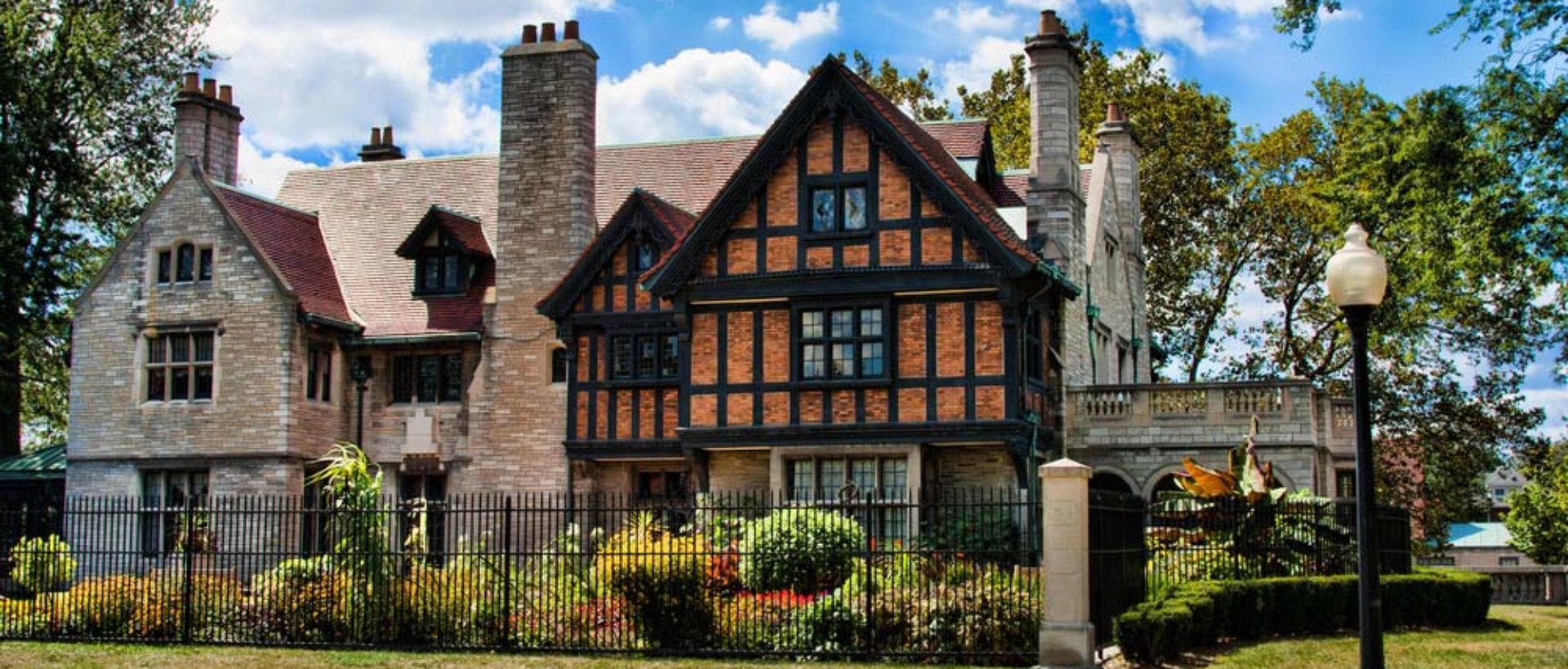Nowadays, most vaping industry experts prohibit vaping in public. Even private establishments, such as malls and offices, designate an area for vaping and smoking only. The main reason for this is to protect the masses from exposure to secondhand smoke.
This prohibition raised concerns from the vaping community since most of them are not allowed to vape inside their homes too. They want to protect their family members, especially children, from secondhand smoke too. Some of them also wonder if vaping devalues their houses, especially those who are planning to move out of their current houses and sell it.
If you are vape user and you would like to know if vaping indoor devalues your house, the following are the information you should know:
Variety of Vaping Impact
The diversity of people’s habits in their homes, and the uniqueness of their homes, allow people to view the evidence of vaping in a home at different intensities. Some may quickly notice the evidence, while others may be very ignorant about it.
A number of homeowners who use vape claim that they were able to wash off the odor and/or residues of vaping with only periods of wiping and airing out.
The experiences with this evidence dependent on the following factors:
vaping frequency
ingredients of the products used
quantity of vapor produced
home measurement
ventilation installed in the house
surfaces around the vaping area
habits of the vape users
With this data, homeowners will be able to evaluate their vaping practices indoors, and whether they should continue their indoor sessions or not.
Sanitation Cost
With the homeowner’s decision to sell their house, comes the sanitation approach and cost that they should consider. Houses to be sold with vape odors and residues should be cleaned by professionals, since their homeowners, who are already accustomed to the odor and residue, may not be able to grasp the extent of these problems.
They may be able to start cleaning a few surfaces themselves; however, areas, such as air ducts, still require professional expertise. Professional sanitation may cost a lot of money, depending on the measurement of the house and the intensity of the odor and residue.
Buyer’s Offer
The cost of properties with negative features, such as homes with vaping residues, should be negotiable if sellers are not able to recompense these negative features with more positive ones.
Sellers should assess their bottom line and ascertain the last offer they are willing to accept, especially with the presence of better houses present in the market. Buyers always try to look for a bargain and propose low offers for many reasons.
Cost of Idle House in The Market
A house without a buyer can gain problems that may worsen over time. Any problem, like odd odors, may keep the house without a buyer longer than it might. Sellers should be mindful of the efforts of keeping the house in good condition.
With unpredictable visits from potential buyers, the house should be kept at its best. Aside from maintenance costs, mortgage and other services may still need to be paid even if the homeowners no longer live there.
Furthermore, houses without buyers in a long time will attract less potential buyers, because most buyers look for most recent listings first. Price dropping or removal from the list for improvement may help, but these will still cost time and money.
Conclusion
The aforementioned problems, only affect vape users who are planning to sell their houses; however, vape odor and residues inside the house may cause health problems for people living there, so it’s still better to do the sessions in your front yard or anywhere outside the house but still within your property.

